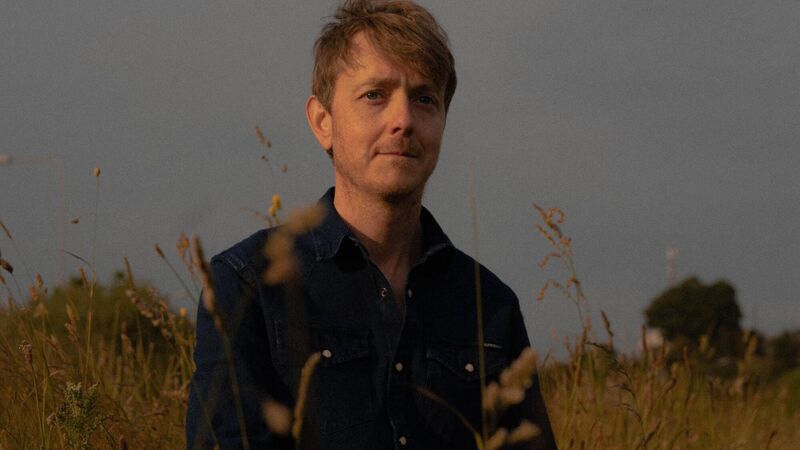David Murphy: Irish slow airs on pedal steel are the real deal

David Murphy. Picture: Celeste Burdon
'Turlough O’Carolan goes to the American Southwest' encapsulates the confluence of musical influences on David Murphy’s debut album.
Though the pedal steel guitar is more closely associated with the sliding notes of American country music than Irish slow airs, Murphy marries the two with ethereal effect on .




